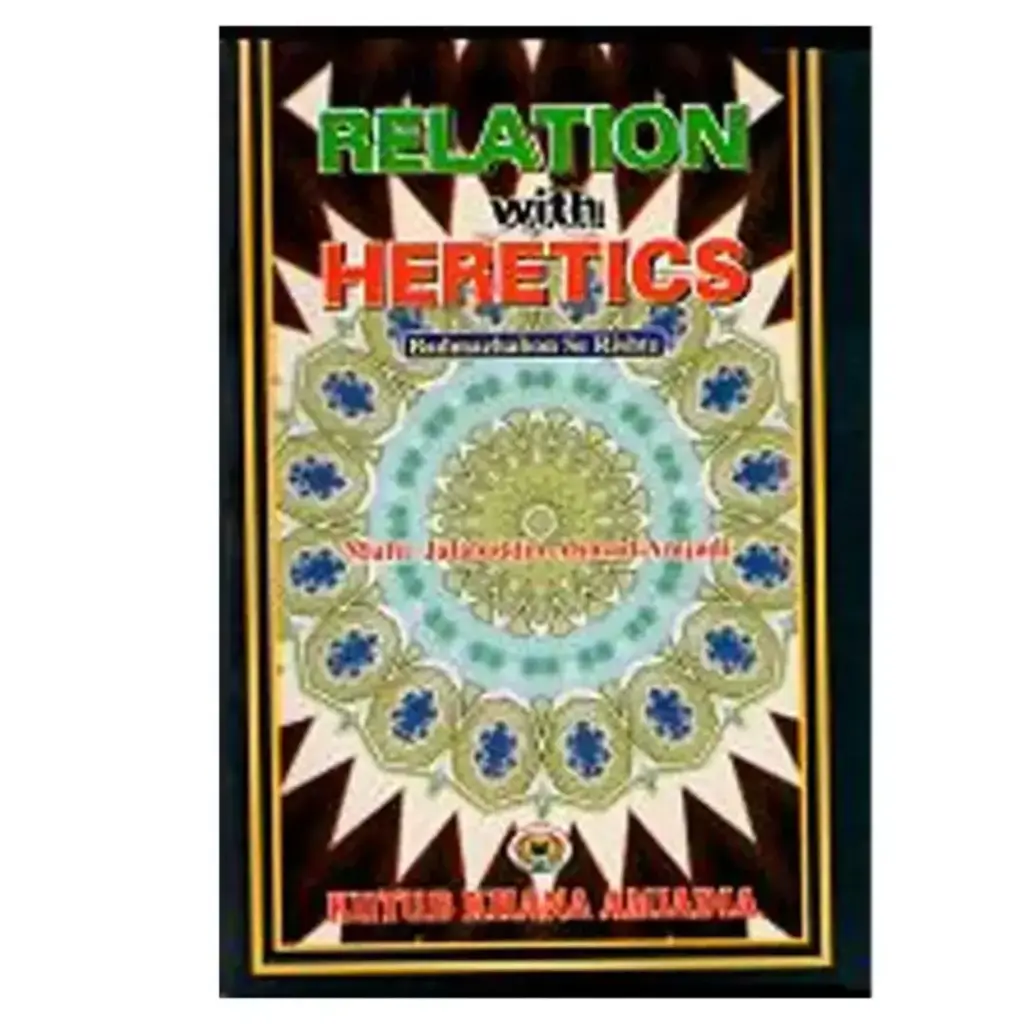RELATION WITH HERITICS
Here’s a breakdown of the relationship and types of descriptions associated with "heretics":
1. Religious Heretics
Definition: In a religious context, a heretic is someone who, despite being a part of a religious community, holds beliefs that go against the core principles or dogma of that religion.
Examples:
Christianity: Early Christian heretics, such as the Gnostics or Arianists, rejected certain theological doctrines (e.g., the nature of Christ).
Islam: In Islamic history, those who challenge the teachings of the Qur'an or the Hadith might be labeled heretics, such as those associated with sects like the Khawarij.
Judaism: A heretic in Judaism is someone who refuses to follow the Torah or challenges its authority.
2. Philosophical Heretics
Definition: A heretic can also be someone who questions or opposes accepted philosophical theories or ideologies. This often involves thinking that challenges the prevailing worldview.
Examples:
Socrates: Considered a philosophical heretic by many in ancient Athens for questioning the existence of the gods and the moral beliefs of the time.
Galileo Galilei: Seen as a heretic by the Catholic Church for advocating heliocentrism (the idea that the Earth orbits the Sun), which contradicted the Church's teachings at the time.
3. Political Heretics
Definition: Sometimes, the term "heretic" is used in a political sense to describe someone who opposes the dominant political ideology or regime. This can apply to individuals who challenge or reject authoritarian rule, nationalistic ideas, or social systems.
Examples:
Dissenters in Totalitarian Regimes: In regimes like Nazi Germany or the Soviet Union, individuals who opposed the ruling party or ideology were often branded as "heretics" and persecuted.
Revolutionaries: In some contexts, those who reject existing political systems (like revolutionaries) may be labeled as political heretics by those in power.
4. Cultural or Social Heretics
Definition: In some cases, the term "heretic" can also apply to people who reject or challenge mainstream cultural norms, customs, or social structures.
Examples:
The Beats in the 1950s: Writers and artists who defied the mainstream social expectations of the time in the United States.
Counterculture Movements: Those who participate in social movements that challenge the established norms, like the hippie movement in the 1960s.
5. Heretics in Literature and Popular Culture
Definition: In literature, mythology, and popular culture, heretics are often portrayed as rebellious figures who stand against a larger power or ideology. This can sometimes elevate them as anti-heroes or symbols of defiance.
Examples:
Frankenstein's Monster: Seen as a heretic in a symbolic sense because it defies natural laws and the beliefs of its creators.
Star Wars: Characters like the Jedi who turn to the Dark Side (e.g., Anakin Skywalker/Darth Vader) can be considered “heretics” in the context of the Jedi Order.
| Books Language: ENGLISH |
